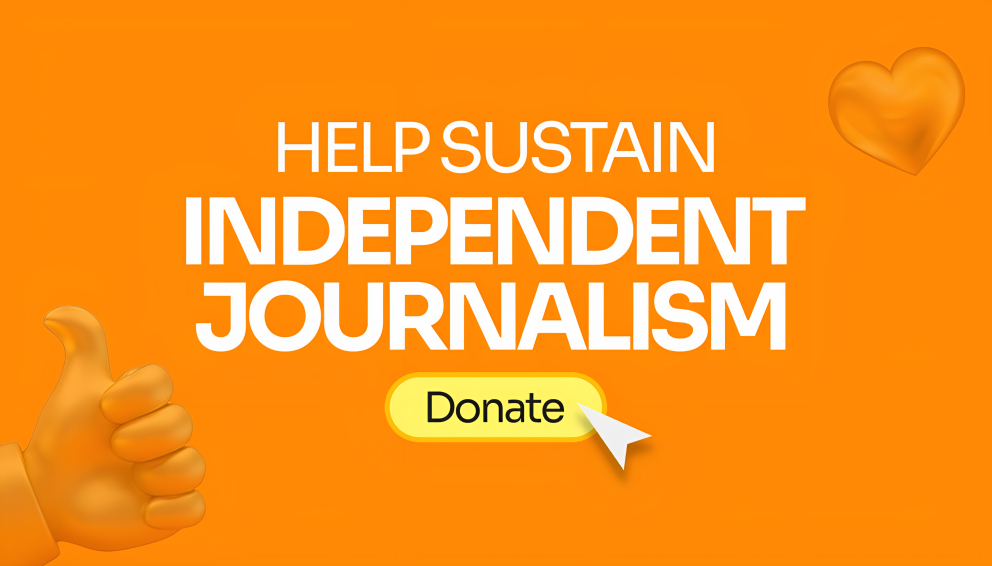More than ten governorship aspirants have hit the mark as front runners that may possibly pick the governorship tickets of their various political parties. They are also in pole position to emerge the next governor of Imo State in 2019.

ADVERTISEMENT
This revelation is contained in a survey conducted by a consortium of public analysts led by renowned public affairs commentator, Dr. Chuks Osuji.
According to the survey, several variables were applied in carrying out the exercise which showed more than ten governorship aspirants at the moment do stand a chance to become the next governor of Imo State in 2019. In the lead is former Deputy Speaker, House of Representatives, Rt Hon Emeka Ihedioha.

*ADVERTISEMENT*
A careful study of the comprehensive survey showed that Rt Hon Emeka Ihedioha (PDP), Senator Ifeanyi Araraume (APC), Chief Okey Ezeh (APGA), Ikedi Ohakim (PDP),Chief Uche Nwosu (APC), Prince Eze Madumere (APC), Barr. Steve Nwoga (APGA), Hon Uche Onyeagocha (APGA), Barr Humphrey Anumudu (APGA),Ike Ibe (APGA), Frank Nneji (APGA) may get the nod of the electorate to be voted as Governor of Imo State.
Other aspirants in serious contention are Hon. Tony Nwulu (PDP), Osuagwu Collins (SDP), Barr Aloysious Osuji of MAJA party.
The survey used three criteria’s to arrive at its judgement, stating that three core areas that were focused include “Name Identification, Electability prospects of Aspirants if nominated by his Political Party, the performance perception of the electorate on the Aspirants if elected”
15 local Governments across the three geo political zones were selected for the survey.
Part of the survey reads “We carefully chose 15 LGA’s to be surveyed based on empirical and operational necessity. Ordinary, since we have only 27 LGA’s we should have chosen at least 1/3 of the number which we believed would give adequate representation. But due to some obvious political necessities we chose 15 LGA’s which is more than half of the number of LGA’s. We did this in order to ensure adequate representation.

ADVERTISEMENT
“Ordinarily, we should have chosen the same numbers of LGAs in each of the political zones. We did not do this because of some contingent political imperatives. First of all, Owerri zone has 9 LGAs. But we chose 6 LGAs because from the look of things, Owerri zone has greater number of Governorship aspirants, perhaps because Owerri zone is laying strong and in contestable claim to the Governorship seat. By the same token, we chose 3 Local Government out of 6 in Okigwe zone; this is to give the Zone elastic accommodation. In the case of Orlu which has 12 LGAs, we chose 6 LGAs with some obvious electoral imperatives”
35 governorship aspirants were selected for the exercise.
In the category of Name Identification, Senator Samuel Anyanwu, Hon. Emeka Ihedioha, Humphrey Anumudu, Senator Ifeanyi Araraume, Sir Jude Ejiogu, Chief Okey Ezeh, Frank Nneji, Eze Madumere, Air Commodore Gbujie, Ike.C Ibe, Tony Nwulu, Ikedi Ohakim, Uche Onyeagocha, Barr Onyearugbulem and Osuji Aloysious performed creditably.
Justifying its findings, the originators of the survey explained that it followed “strict guidelines for every other empirical study of this nature”.
“These include the conceptualization of the variables to be adopted which followed proper identification of the objective of the study and selection of variables which were likely to give us the desired results. In the process, 3 variables were conceptualized: Name Identification, Electability prospects of Aspirants if nominated by his Political Party, The performance perception of the electorate on the Aspirants if elected.
“Once this 3 core variables were chosen, there was the need to identify other associated variables such as Social Economic Status of respondents in addition to their demographic distributions. In addition, it was important to determine the quantum of the electorate, respondents that are registered voters, those likely to vote etc. we identified 12 associated variables”
According to the survey, 72% of the respondents are registered voters with 64% taking part in the 2015 election.
78% admitted that “if the governorship election were held today, they are likely to vote. 10% of the respondents had not made up their minds whether to vote or not while 10% were adamantly negative”
On how they will vote in the elections, “40% said they are going to vote on the basis of political party, 55% on the basis of the personal qualities of the aspirants while 5% said that they are undecided”
It further revealed that 56% of the respondents were males while 44% are females with 30% between the ages of 18 and 30, 52%were in the age category of 31-40, while 6% were between the ages of 41-60.
The survey stated “Of those surveyed, 10% had FLSC, 45% had post primary education, 50% degree and professional qualification while 5% had higher degree. “Of those surveyed, 55% were married, 25% unmarried, 10% divorced, 5% widowed and 5% separated.
“In respect of employment status, 40% were employed, 10% unemployed and 5% retired.
“Of the respondents, 20% had below 100,000 per annum, 40% had 101,000 – 200,000 per annum, 30% had 201,000 – 400,000 and 10% had 401,000 and above per annum. This survey has 5% ± margin of errors” the survey stated

